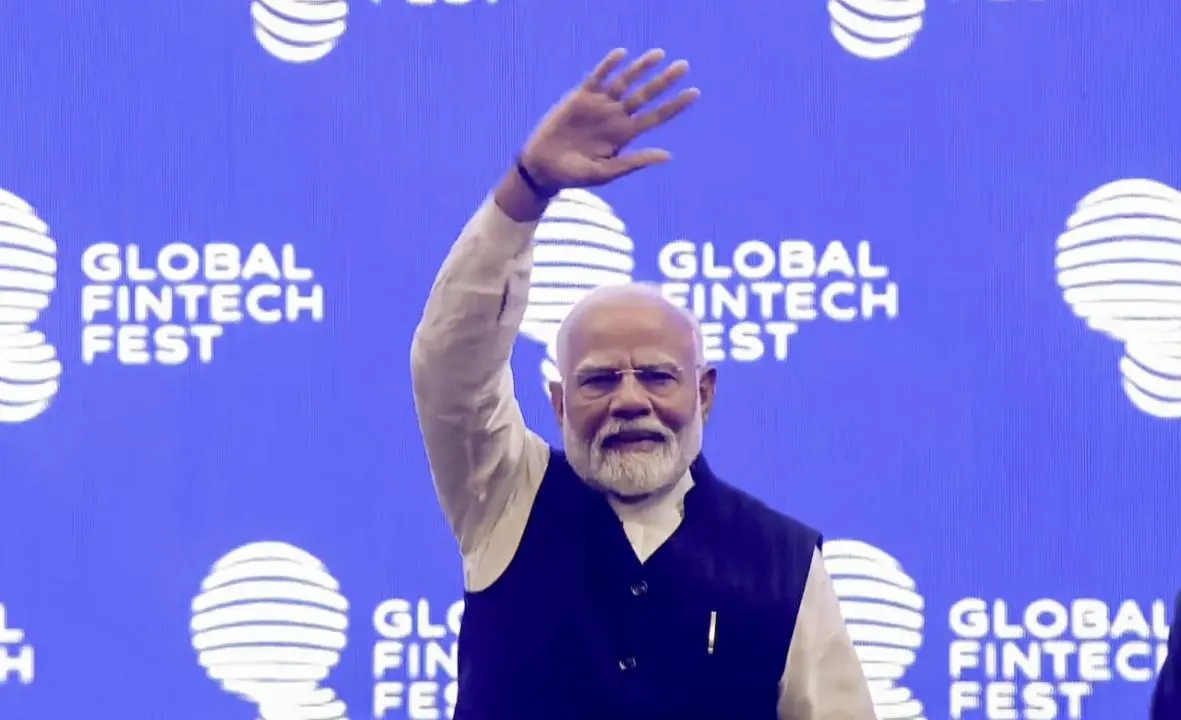
In the past decade, India’s fintech sector has experienced an extraordinary transformation, becoming a leader in financial technology worldwide. This shift has greatly expanded access to financial services, driving innovation and connecting rural and urban areas like never before. The recent 2024 Global Fintech Fest (GFF) in Mumbai showcased this impressive growth and highlighted its crucial role in shaping India’s economic future. Prime Minister Narendra Modi celebrated these achievements and reiterated the government’s commitment to supporting the sector’s ongoing development.
A core element of India’s fintech success is the broadening of financial service access. Over the last ten years, the sector has attracted more than $31 billion in investments, reflecting a 500% growth. This influx of capital has spurred innovations that have made banking and financial services accessible to millions of previously underserved Indians. Prime Minister Modi praised the role of digital public infrastructure (DPI), noting that India’s rapid adoption of fintech is “unmatched in speed and scale” on a global scale.
A key benefit of this revolution has been easier access to credit. The Pradhan Mantri MUDRA Yojana, the world’s largest microfinance program, has issued over ₹27 lakh crore in loans, with 70% going to women. This initiative has empowered small entrepreneurs, especially in rural areas, allowing them to grow their businesses and contribute to the economy. Modi also highlighted how banking services have become more accessible, with demat accounts now being opened quickly from remote locations, a stark improvement from the days of traditional, physical banking.
India’s fintech innovations have not only transformed the local landscape but also drawn global attention. The Unified Payments Interface (UPI) has set a new standard for digital payments with its seamless and secure transactions. “Local hain par application global hain,” Modi said, highlighting how India’s fintech advancements have worldwide relevance.
The dramatic increase in broadband users—from 60 million to 940 million in just a decade—has been crucial in supporting this digital leap. With internet access reaching even the most remote areas, India’s fintech ecosystem has been built on a solid foundation. The Prime Minister noted that this digital infrastructure ensures that banking services are available around the clock, no matter where you are—something that was unimaginable a few years ago.
Additionally, the introduction of platforms like the Open Network for Digital Commerce (ONDC) underscores India’s drive to create fintech solutions with global significance. These innovations are not only making life easier for Indians but also establishing India as a leader in the global fintech arena.
However, as we celebrate these achievements, it’s important to acknowledge the growing threat of cyber fraud. With more financial services moving online, the risk of cyberattacks has increased, posing a challenge to the sector’s stability. Modi warned that “earlier it took five-seven days for noise around a bank failure to spread. Today, within a minute, a company can be gone if there is a cyber fraud.”
To tackle these risks, the government is introducing new policies to strengthen cybersecurity and improve digital literacy. Modi urged regulators, including the Reserve Bank of India (RBI) and the Securities and Exchange Board of India (SEBI), to act proactively against cyber fraud and protect consumers, especially the elderly who are often targeted. These efforts are crucial to ensure that the growth of fintech startups is not overshadowed by rising cyber threats.
The government has played a key role in this rapid growth. For example, removing the Angel Tax—a major hurdle for startup funding—shows the government’s dedication to fostering a supportive environment for fintech innovation. By eliminating such obstacles, the government encourages more entrepreneurs to enter the fintech space, fueling further innovation and competition.
Modi also highlighted the social impact of fintech, particularly its role in connecting rural and urban areas. Mobile access to banking and financial services has brought solutions directly to people’s doors, significantly improving the quality of life for millions, especially in rural areas where such services were previously limited.
As India continues to lead the global fintech revolution, the sector’s future looks promising.
